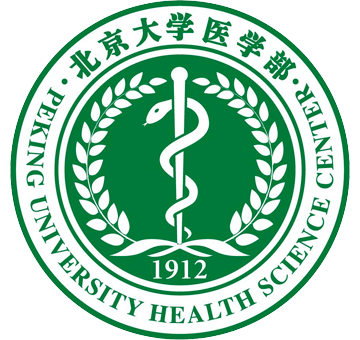
Zhe Zhang, MD
JI Program: Cardiovascular
Status: Active/ Ongoing
Summary
Aortic aneurysm and dissection (AAD) is a devastating disease with a high mortality rate affecting ~4% of Americans above age 65. Although smoking, hypertension and hyperlipidemia are risk factors for AAD, genetics also plays a very strong role in risk. Approximately 35% of AAD patients have a family member with aortic aneurysm. In some cases, mutations in genes related to the TGF-beta signal cascade appear to greatly increase risk of AAD (TGFBR1, TGFBR2, ACTA2, FBN1), but most cases do not carry mutations in these genes. We aim to identify the underlying genetic causes of AAD in multi-ethnic cohorts using exome sequencing and genome-wide association approaches. This study has the potential to provide paradigm-shifting discoveries of translational importance for this devastating cardiovascular disease.
Publications
1. Wolford BN, Hornsby WE, Guo D, Zhou W, Lin M, Farhat L, McNamara J, Driscoll A, Wu X, Schmidt EM, Norton EL, Mathis MR, Ganesh SK, Douville NJ, Brummett CM, Kitzman J, Chen YE, Kim K, Deeb GM, Patel H, Eagle KA, Milewicz DM, J Willer C, Yang B. "Clinical Implications of Identifying Pathogenic Variants in Individuals With Thoracic Aortic Dissection". Circulation: Genomic and Precision Medidcine. 2019 Jun;12(6):e002476. doi: 10.1161/CIRCGEN.118.002476. Epub 2019 Jun 18. https://www.ncbi.nlm.nih.gov/pubmed/31211624



